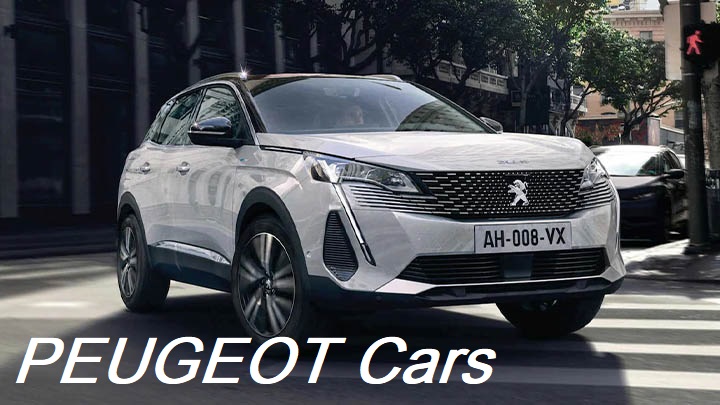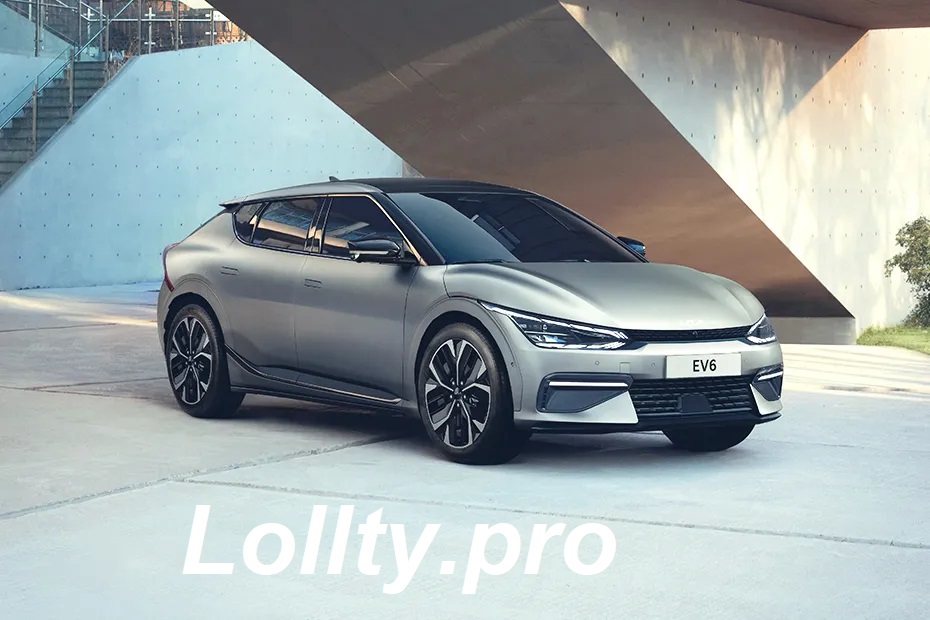Autonomous driving technology has been a hot topic in the automotive industry in recent years. As technology continues to advance, major automakers like KIA, HYUNDAI, and PEUGEOT are investing heavily in autonomous driving research and development. In this article, we will explore the future of autonomous driving and its implications on these three brands.
1. KIA: Advancing Towards Autonomy
KIA has been making significant strides in autonomous driving technology. The brand has already introduced several advanced driver-assistance systems (ADAS) in their vehicles, such as lane-keeping assist, adaptive cruise control, and automatic emergency braking. These technologies serve as building blocks for full autonomy.
KIA has also partnered with various tech companies to accelerate their autonomous driving initiatives. For instance, they have collaborated with NVIDIA to develop an advanced AI-based autonomous driving system. KIA’s goal is to introduce fully autonomous vehicles by 2030, offering customers a safe and convenient driving experience.
2. HYUNDAI: Pushing the Boundaries of Autonomy
HYUNDAI is another brand that is actively pursuing autonomous driving technology. They have established the Autonomous Driving Center to focus on developing self-driving capabilities. HYUNDAI is investing in various technologies, including artificial intelligence, sensor fusion, and connectivity, to enhance the autonomous driving experience.
The brand has already made significant progress, showcasing their Level 4 autonomous driving capabilities in real-world scenarios. HYUNDAI’s goal is to commercialize autonomous vehicles by 2024, with a focus on safety, convenience, and eco-friendliness. They aim to offer customers a seamless and enjoyable autonomous driving experience.
3. PEUGEOT: Embracing Autonomy with Style
PEUGEOT is also embracing autonomous driving technology while maintaining their signature style and elegance. The brand is actively working on developing autonomous features, including advanced driver-assistance systems and semi-autonomous capabilities. PEUGEOT aims to strike a balance between autonomous driving and the pleasure of being behind the wheel.
PEUGEOT is focused on ensuring a smooth transition from manual to autonomous driving. They believe that autonomous technology should complement the driving experience rather than replace it entirely. PEUGEOT’s approach is to provide customers with the option to switch between manual and autonomous modes seamlessly, giving them the freedom to choose their preferred driving style.
Implications for the Future
The future of automotive technology, specifically autonomous driving, has significant implications for KIA, HYUNDAI, and PEUGEOT. As these brands invest in autonomous driving research and development, they position themselves as key players in the autonomous vehicle market. Autonomous driving technology will not only revolutionize the way we commute but also impact various industries, including transportation, logistics, and urban planning.
1. Connectivity and Infotainment: Autonomous driving technology goes hand in hand with connectivity and infotainment systems. KIA, HYUNDAI, and PEUGEOT are all working on integrating advanced connectivity features into their autonomous vehicles. These features include seamless smartphone integration, in-car Wi-Fi, and advanced infotainment systems that provide entertainment and information to passengers during their autonomous journeys.
2. Electric and Hybrid Options: Another aspect that these brands are considering in relation to autonomous driving is the integration of electric and hybrid technologies. As the automotive industry shifts towards a more sustainable future, KIA, HYUNDAI, and PEUGEOT are developing autonomous vehicles that are powered by electric or hybrid powertrains. This not only reduces emissions but also aligns with the growing demand for eco-friendly transportation options.
3. Ride-Sharing and Mobility Services: Autonomous driving technology opens up opportunities for new business models, such as ride-sharing and mobility services. These brands are exploring partnerships and collaborations with ride-sharing companies and technology firms to create autonomous vehicle fleets that can be easily accessed and shared by customers. This shift towards shared mobility has the potential to transform urban transportation and reduce the number of vehicles on the road.
4. Regulatory and Legal Challenges: The development and implementation of autonomous driving technology also come with regulatory and legal challenges. Governments and regulatory bodies are working on creating frameworks and standards to ensure the safe and responsible deployment of autonomous vehicles. KIA, HYUNDAI, and PEUGEOT are actively engaging with policymakers and industry stakeholders to shape the future regulatory landscape and ensure a smooth transition to autonomous driving.
5. Consumer Acceptance and Trust: A key factor in the success of autonomous driving technology is consumer acceptance and trust. These brands are investing in extensive testing and validation processes to ensure the safety and reliability of their autonomous vehicles. They are also actively engaging with customers to educate them about the benefits and capabilities of autonomous driving technology, aiming to build trust and confidence in their autonomous vehicle offerings.
Furthermore, autonomous driving has the potential to enhance road safety, reduce traffic congestion, and minimize environmental impact. By eliminating human error, autonomous vehicles can significantly reduce the number of accidents on the road. Additionally, autonomous driving technology can optimize traffic flow, leading to more efficient transportation systems.
In conclusion, KIA, HYUNDAI, and PEUGEOT are actively embracing autonomous driving technology, recognizing its potential to revolutionize the automotive industry. As they continue to innovate and invest in autonomous driving research, the future holds exciting possibilities for safer, more efficient, and more enjoyable journeys on the road.
the future of automotive technology, specifically autonomous driving, holds immense potential for KIA, HYUNDAI, and PEUGEOT. These brands are not only investing in the development of autonomous driving technology but also considering other aspects such as connectivity, electrification, ride-sharing, and regulatory challenges. As they continue to innovate and address these factors, they are positioning themselves as key players in the autonomous vehicle market, shaping the future of transportation.


